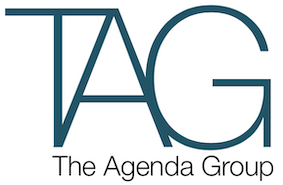On Monday this week the writs were issued for the November 29 election. The writs, signed by the Governor, dissolve the Parliament and authorise an election to be held.
This action triggers an unusual form of government, known as the caretaker period. It is the one time that Victorians are not legally represented by a local member of Parliament, but rather governed by the Premier and his Cabinet.
The caretaker period only ends when the next Premier is sworn in by the Governor.
Just how the caretaker period operates is not enshrined in legislation but by a set of generally agreed conventions that have more or less been accepted since the very first caretaker period in 1901.
The purpose of the caretaker period is to:
- limit any commitments for which an incoming government will have responsibility to implement, and
- avoid the public service becoming, or perceived to be, involved in political activities.
Despite the clear purpose of the caretaker period, departments and agencies will interpret the conventions according to the circumstances of their portfolio.
So how will the Victorian Government operate between now and 29 November?
- The government will avoid making any major personnel appointments to boards, agencies, trusts or departments
- No major contracts or spending commitments will be authorised
- The government will be largely on its own: it will not have the resources of the public service at its disposal. Contact between ministerial offices and the public service is usually coordinated through designated senior public servants who determine whether to assist with a request from the ministerial office.
Sometimes a decision can’t be put off until after the election. In this case, any major decisions require the Opposition to be briefed, however, their endorsement is not required for a Minister to make a decision. Breaching the conventions can be regarded negatively by the votes so a bipartisan approach is usually preferred. In practice, governments, and especially during elections, try to avoid giving Opposition any type of platform, so taking a decision that requires an Opposition briefing is usually only done as a last resort.
Now that Victoria’s government is in caretaker mode until the next government is sworn in, Victorians can expect to see and hear lots of promises but very few decisions.
